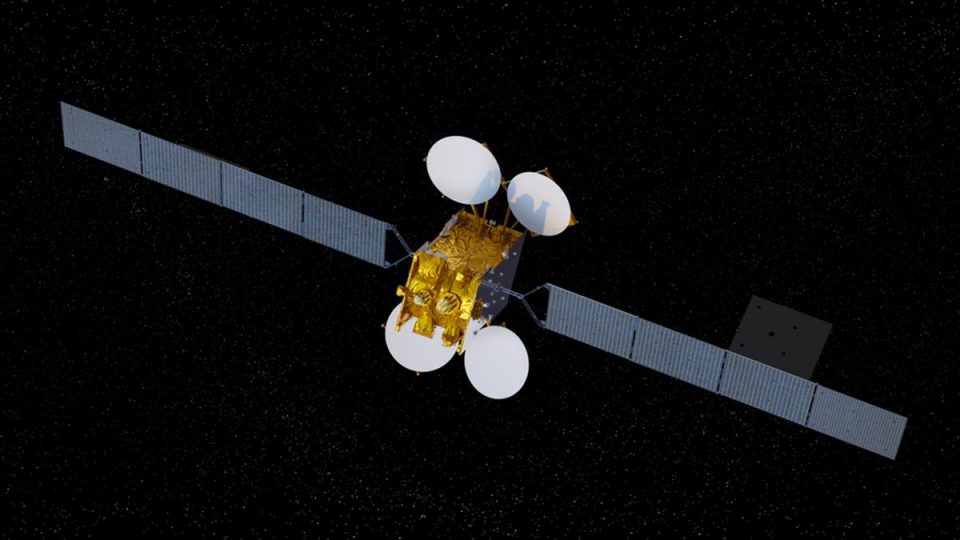KUALA LUMPUR, Feb 23 — Airbus SE aims to launch MEASAT-3d, a new multi-mission telecommunications satellite that is built for Malaysian satellite operator MEASAT Global Bhd, next year.
Head of Airbus Defence and Space, Asia Pacific, Johan Pelissier said the new satellite would replace capacity and augment MEASAT’s core business in Asia, the Middle East and Africa.
“The plan is to launch this new satellite in 2022.
“Airbus looks forward to more opportunities to advance its contribution to support Malaysia’s space pursuits,” he said during a virtual media briefing on Airbus’ outlook for defence and space in Malaysia here yesterday.
Airbus has been providing space imagery to Malaysia since 1998.
In 2014, Airbus delivered MEASAT-3b and in 2019 was selected again to build MEASAT-3d.
Collocated with MEASAT-3a and MEASAT-3b at 91.5°E, MEASAT-3d will serve the growth requirements of 4G and 5G mobile networks in Malaysia, while continuing to provide redundancy and additional distribution capacity for video in HD, 4K and ultimately 8K in the Asia-Pacific region.
With the new satellite, MEASAT reaffirms its commitment to provide core infrastructure for the Malaysian information and communications technology (ICT) and broadcast industry.
MEASAT-3d, designed to have an electrical power of 12kW, is planned for more than 15 years of operation.
On its outlook in Malaysia, Pelissier said Airbus intended to enhance its footprint in the area of support and services for defence segment.
“We already have some strong local partners on helicopter and A400M, and we look forward to build on these existing partnerships in defence and military fixed wing, to help Malaysia establish self-sustaining maintenance, repair, overhaul (MRO) operations and develop higher level engineering capability to support complex MRO across different platforms.
“We remain steadfast in growing this already strong local industrial footprint in support of the continuous industrial collaboration plan especially in defence,” he said.
On sustainability, Airbus Malaysia head of country, Raymond Lim said the company aimed to lead the decarbonisation of the aerospace sector, and build the world’s first zero-emission airliner by 2035.
He said Airbus is exploring a variety of configurations and hydrogen technologies including the use of hydrogen fuel cells to create electrical power.
“Hydrogen is one of the most promising zero-emission technologies because it can be created from renewable energy and does not produce emissions.
“The cost of hydrogen is also expected to significantly decline over the next decade,” he elaborated.
Lim said Airbus has long recognised Malaysia as a key partner to bring to life to its vision of zero emission aviation.
It has partnered Aerospace Malaysia Innovation Centre for the past nine years on its sustainable aviation programme, with a strong emphasis on the exploration of the potential of biomass as feedstock for sustainable aviation fuel.
He said large renewable resources reservoir and a long presence in the energy market are also positioning Malaysia as a potential leader for the rapidly developing hydrogen market.
“When the need arises, Airbus stands ready to support Malaysia in the development of a sustainable ecosystem that could involve hydrogen technology,” he added.
— Bernama





